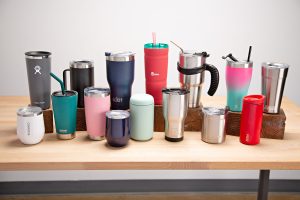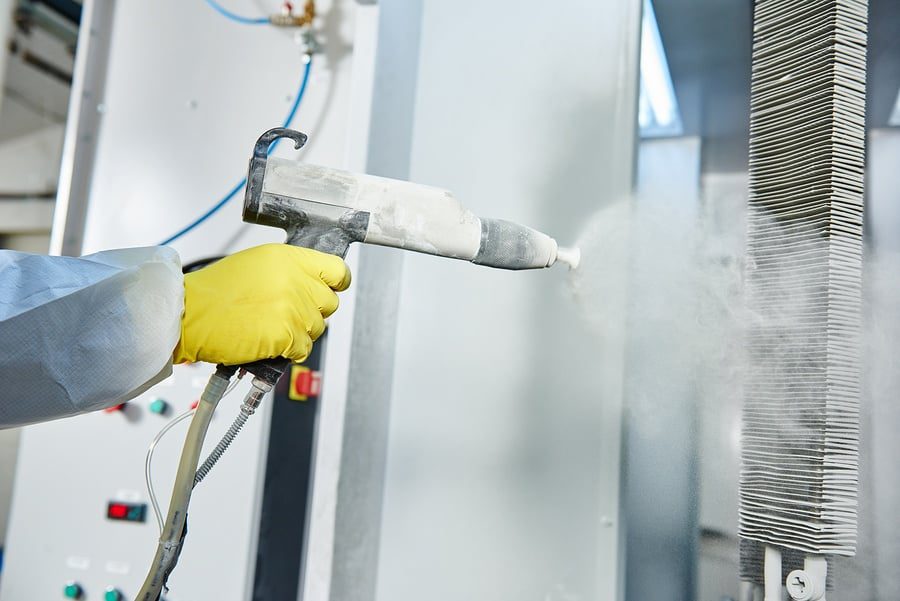How to Prevent Water Damage to Your House
How to prevent water damage in your house? Water damage restoration can be expensive and…


How to prevent water damage in your house? Water damage restoration can be expensive and occur from many different sources, including natural disasters such as heavy rains, pipes bursting, and damaged appliances. However, here are some steps you can take to avoid this problem. In addition to regular maintenance, waterproofing your house is also essential. This article focuses on these four critical steps. Listed below are some tips to help you prevent flooding in your home.
Installing a snow shield to prevent leaks
If you live in a cold climate, installing an ice and water shield on your house’s roof is critical. This protective layer can prevent water from leaking through ice damming. In addition, an ice and water shield can prevent leaks in various locations, from roofs with a low pitch to chimneys. They also create a vapor barrier, which prevents water from pooling and causing damage.
An ice and water shield is a sticky-back underlayment that goes over the roof’s shingles. It can prevent leaks from wind-driven rain and ice dams, which can be costly to repair. This material sticks to the roof and does not shift under the pressure of snow or wind. This prevents ice dams and leaks in your house from forming.
Getting your pipes checked
The first step in preventing water damage in your house is checking your pipes. You need to check your faucets and hoses to ensure they aren’t leaking and for any caulking or seals around tubs and showers. Another way to spot leaks is by checking your water bill. It may be surprising to discover that you have more water than usual. This could be due to an automatic water system that alerts you to leaks. You should also consider getting your pipes replaced every five or seven years.
Getting your pipes checked is particularly important if you live in an area with harsh winters. It would help if you considered insulating pipes with heat tape or using pipe sleeves from home improvement stores. Close the garage door to water supply lines if possible. If you must leave your house for an extended period, you should open cabinet doors to circulate warm air. You should also set your thermostat to 55 degrees or higher and leave the heat on when you leave the house.
Detecting micro leaks
The Flo Smart Water Monitor is a smart home device that monitors your plumbing system to detect micro leaks. Designed to detect and stop small leaks before they cause significant damage, it uses advanced Micro leak Technology to identify even the most minor leaks. In addition, the unit detects and categorizes water usage across your entire plumbing system, including fixtures, faucets, and pipes.
A significant water leak may result in hidden mold requiring extensive repairs. It may also damage materials, furnishings, and appliances. Identifying and repairing any leaks as soon as possible is essential to limit damage and the cost of repairs. Detecting small leaks early will help you prevent significant water damage and save money on your water bill. However, small leaks can have catastrophic effects if left untreated, so it is essential to prevent water damage and limit any loss by taking the necessary steps to avoid them.
Waterproofing your home
While a properly-built home should be waterproofed from the ground up, many older homes have dozens of problems that can cost thousands of dollars to fix. Properly waterproofing your home is crucial to prevent costly repairs and ensure your family’s safety. Waterproofing your house can also increase the value of your property, as it can prevent leaks and damp spots from causing energy costs to skyrocket.
It would help if you waterproofed your home with a variety of methods. Waterproofing around windows and siding is an excellent way to prevent water from penetrating the home. It will keep your interior dry, reduce the humidity inside, prevent mold growth, and protect the structure’s integrity. There are different waterproofing systems for other areas of your home, including the roof, siding, and basement. For example, many mid-Atlantic homeowners have damp basements, and houses with flat roofs are susceptible to water penetration and damage.
Getting your appliances checked
Regularly checking your home’s appliances is essential to preventing water damage in your house. Leaking appliances can lead to significant flooding in your house. Not only can they damage your belongings, but they can also cause structural damage and mold growth. Also, remember to check your refrigerator for leaks as well.
Getting your appliances checked to prevent water damage is essential, as plugged-in devices can quickly leak water or become electrocuted if they are in standing water. Even clean water can damage the inside workings of an appliance, so getting them checked by a qualified service and repair professional is highly recommended. In addition, you can help prevent flooding in your home by performing a leak check. After all, the last thing you want is to have to pay for water damage restoration.







